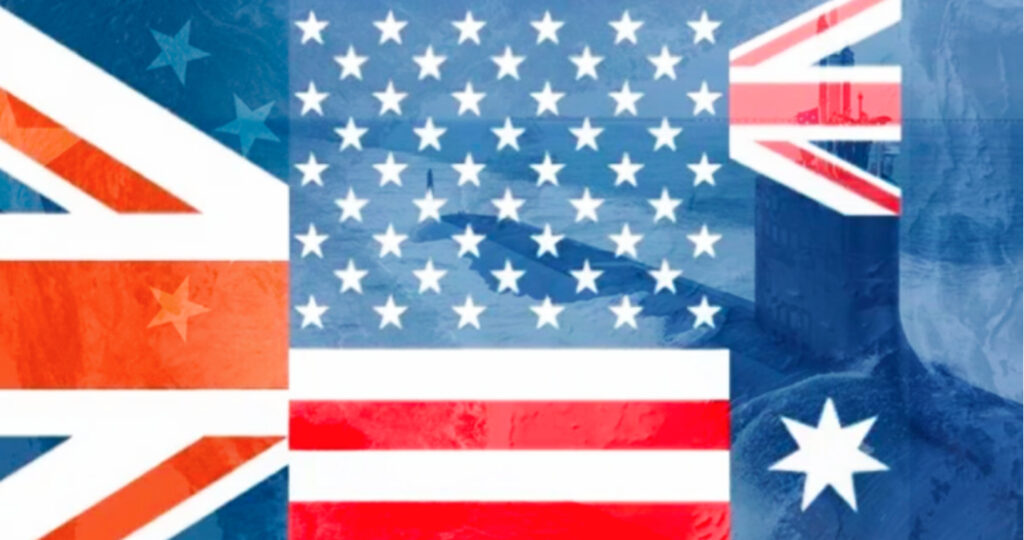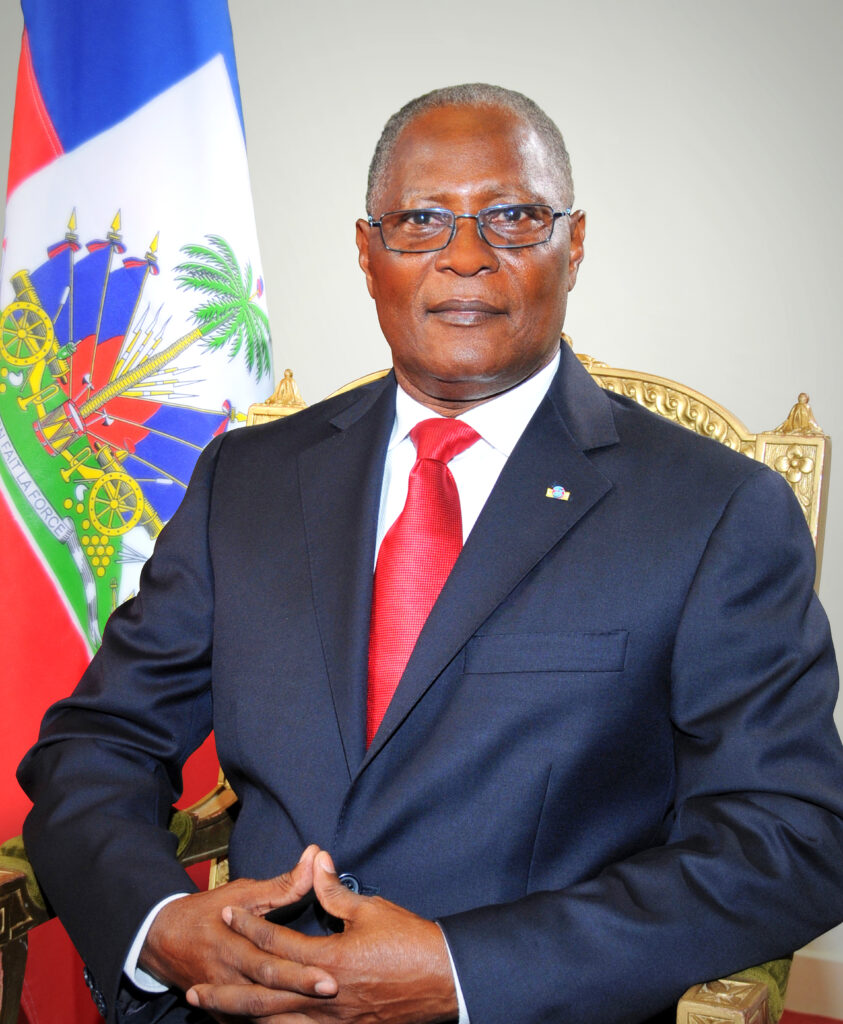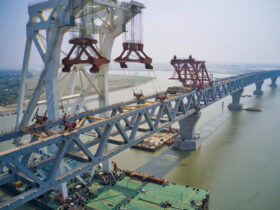LOS ANGELES — For the last three years, Australian Prime Minister Scott Morrison has walked a tightrope between the two behemoths of the Indo-Pacific region: China and the United States.
This challenge has been uniquely his. Predecessors such as Tony Abbott, and to an extent, Malcolm Turnbull, were never placed in such difficult geopolitical positions. Previous Australian leaders enjoyed a simpler period for Sino-Australian relations, with a 2014 free trade agreement put in place to spearhead a new era for bilateral cooperation. At one point during the Abbott incumbency, Chinese President Xi Jinping described a “vast ocean of goodwill between China and Australia”.
Morrison, however, has found nothing but slowly receding waves.
Bilateral relations have been tested by previous incidents. Chinese aggression in the South China Sea spurred anxiety in the Australian government for several years prior to Morrison’s rise. Chinese election interference in Australia earlier in his tenure led to several government probes. Regardless, Morrison’s leadership has facilitated a true shift to foreign policy designed around countering China. Despite his assertion that productive dialogue between China and Australia remains possible, several incidents have jeopardized the integrity of Sino-Australian relations since he assumed leadership in 2018. Much of this can be attributed to conflicts originating in the COVID-19 pandemic, with current perception of China among Australians at an all time low from this downwards trend. A Lowy Institute poll found that only 16% of Australians say that they trust China ‘a great deal’ or ‘somewhat’ to act responsibly in the world.
Australia has called for greater accountability for Chinese actions in Xinjiang and Hong Kong, and an investigation into COVD-19’s origins, moves that have angered Chinese officials. Photos of Australian war crimes in Afghanistan created by Chinese political cartoonist Wuheqilin and promoted by diplomat Zhao Lijian sparked controversy in nearly every Australian political faction. Various economic sanctions by China, including tariffs on barley and wine exports and Morrison-led Australia’s entrance into organizations as the Quad, a strategic alliance between the United States, Japan, Australia, and India, have been nails in the coffin.
Yet it is AUKUS — a trilateral security pact among Australia, the United Kingdom, and the United States designed to equip the former with powerful nuclear-powered submarines — that may represent the final death of Sino-Australian political goodwill.
The China-focused nature of AUKUS is somewhat apparent given its emphasis on increasing Australia’s military capacity during a period of rapidly worsening Sino-Australian relations; it may signal to the Xi administration that Australia will take military action if it feels that its sovereignty is threatened — and possibly if the sovereignty of other South Asian allies are similarly threatened. Yet AUKUS is additionally unique for many reasons. Instead of including an Asian country such as Japan, Korea or India, AUKUS wholly represents Western interests in Asia, AUKUS also focuses on military capability, as opposed to the intelligence sharing nature of the Five Eyes, an intelligence alliance comprising Australia, Canada, New Zealand, the United Kingdom, and the United States. Finally, Australian officials apparently regarded AUKUS as so critical to national security that they were willing to risk several diplomatic crises. Indeed, French-Australian relations suffered due to a perceived ‘betrayal’ of the original deal to purchase French-provided submarines.
While few ruffled feathers in the West are largely temporary, China will likely not forget AUKUS and its implications so quickly. Instead, AUKUS is likely to accelerate the formation of political alliances in the Indo-Pacific and greater East Asian region. Though the United States has maintained a military presence in East Asia for close to a century, the most recent decade of East Asian politics has been characterized by China’s attempts to counter the United States’ influence as part of Xi’s increasingly aggressive and expansionist foreign policy described as ‘Wolf Warrior’ diplomacy.
The political consequences of this shift in balance of power has had tangible consequences in Asia. In 2020, China’s Hong Kong security law was defended at the United Nations by Pakistan, Sri Lanka, Laos, Myanmar and Cambodia. Just three Australasian countries condemned the move — New Zealand, Australia, and Japan. In other words, by expanding its network, China gains continued political legitimacy.
It is inevitable, thus, that AUKUS will escalate this Cold War-esque power struggle. The Quad, Five Eyes, and AUKUS are more recent examples of American attempts to counteract growing Chinese influence in the Australasian region. By fully aligning itself with Western alliances (Australia is a member of all three aforementioned organizations), Morrison is hedging his bets on the United States amid this increasing polarization of diametrically opposed American and Chinese interests. Whereas some nations in the region have made the transition into the contemporary Sinosphere, Australia under Morrison will not.
Australia’s decisive stand with the United States will undoubtedly send shockwaves throughout the region. The two other regional members of the Quad — Japan and India — were unlikely to ally themselves with China regardless of Australia’s decisions given their previous commitment to U.S.-led organizations. Moreover, Sino-Japanese relations remain extremely bitter in part due to World War II war crimes by imperialist Japan (and territorial disputes over the Senkaku/Diaoyu islands), while India’s ongoing border disputes with China are a continuing diplomatic obstacle. Japan and India’s position is cemented, if not secured, with Australia (and by extension the United Kingdom)’s further commitment. This may have a stronger influence on other countries that have yet to fully decide between the burgeoning superpowers.
Korea, particularly under incumbent President Moon Jae-in, is likely paying close attention to developments in Chinese diplomacy. Though a longtime U.S. ally and host to numerous American military bases, Korea under the Moon administration has wavered at times in its longstanding relationship with the United States. Moon has continued to make diplomatic overtures to Xi and remained close to silent on issues such as Hong Kong and Xinjiang. Historically poor public support for close relations with China and enduring cultural disagreements have not yet changed, but the time for a geopolitical decision draws near.
Countries affected by the South China Sea dispute are also likely to be influenced by AUKUS and further Australian association with the United States. China’s alleged violations of sovereignty in Vietnamese-claimed waters and the greater South China Sea has worsened relations with a longtime strategic ally. Though China has stressed the need for Vietnamese neutrality, this may soon be compromised with a potential American ally in the region.
The Philippines, also concerned with competing claims in the South China Sea, has begun to reconsider the pro-China policy in the early years of President Rodrigo Duterte’s administration. Despite claiming a “separation” from the United States in 2016, Duterte allowed Philippine-U.S. drills to continue after Chinese aggression towards Scarborough Shoal, where a standoff started over Chinese fishing vessels in Philippine water continues. A similar phenomenon is occurring in a country once reluctant to side with the United States.
While the French diplomatic outrage stemming from AUKUS may be a temporary detriment to the Western cause in Asia, the deal rides a wave of factionalism in the Indo-Pacific and greater Asian region that is likely to force countries on the spectrum to choose sides.
Australia is simply the first domino to fall — others will follow.







